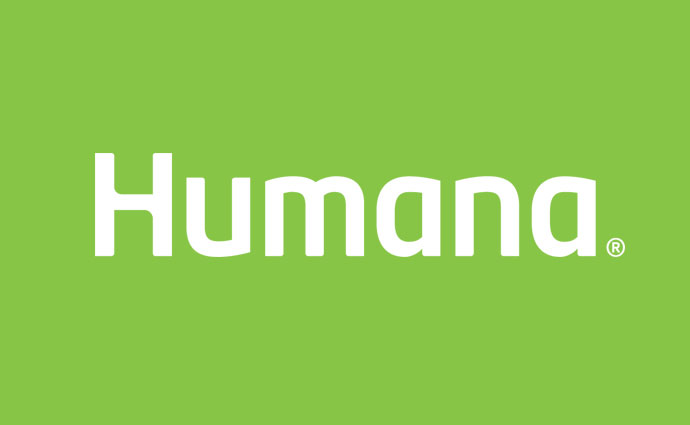Humana Value-Based Care Program Unveils First Participants
Four hospitals have signed on to participate in the payer’s value-based care program.

Source: Humana
- Nearly seven months since announcing its value-based care incentive program for hospitals, Humana has revealed its first participants.
Four hospitals have agreed to participate in the Hospital Incentive Program (HIP) for commercial members: Cleveland Clinic Florida, Florida’s Jackson Health System, Ohio’s TriHealth, and Georgia’s WellStar Health System.
“We’re delighted to collaborate with the first participants in our value-based care initiative for hospitals,” said Humana’s Vice President of Value-Based Strategies Organization Oraida Roman said in the announcement. “Humana is committed to providing dedicated support to our participants as they intensify their efforts to provide a coordinated experience for our members and help them achieve better health.”
As part of the hospital value-based care program, the health payer will work with participating organizations on care integration and efforts to reduce duplicative and preventable services:
The program provides compensation based on quality improvement and performance in three key areas — patient experience, patient safety, and patient outcomes — as determined by a number of measures that address hospital-associated infection rates, care coordination, palliative care, and more. The metrics incorporate two care certification programs — Integrated Care Certification and hospital-based Palliative Care Coordination Certification - developed by The Joint Commission, the nation’s oldest and largest standards-setting and accrediting body in health care.
The Joint Commission lauded Humana’s efforts in the latter’s April announcement of the HIP.
“By incorporating Integrated Care Certification and hospital-based Palliative Care Coordination Certification into its quality metrics, Humana has made a significant commitment to coordination of patient care through its Hospital Incentive Program,” said Brian Enochs, JD, Executive Vice President of Business Development and Marketing. “These key Joint Commission certifications require that participating hospitals engage patients more seamlessly across the entire continuum of care, and we’re pleased to work with Humana to create additional value for the hospitals that achieve them.”
According to data from the Louisville-based payer, more than two million individuals under its Medicare Advantage offerings and 115,000 commercial members are currently recieving care from primary care physicians in value-based relationships.
The payer’s incentive program for hospitals builds on its overall goals for value-based care:
- More personal time with health professionals and personalized care that is tailored to each person’s unique health situation;
- Access to proactive health screenings and programs that are focused on preventing illness;
- Improved care for people living with chronic conditions with a focus on avoiding health complications;
- Leveraging technologies, such as data analytics, that connect physicians and help them work as a team to coordinate care around the patient; and
- Reimbursement to physicians linked to the health outcomes of their patients rather than based solely on the quantity of services they provide (fee-for-service).
Around two-thirds of Humana’s Medicare Advantage members receive care by way of a value-based arrangement between the payer and providers.
“For physicians, a value-based care model recognizes their commitment to their patients’ health and compensates them for the high-quality complex care they deliver,” the payer states. “This model of care combines the practice of proactive population medicine with an aligned payment structure — one that reimburses physicians for care that leads to better health and a better experience for their patients.
A key component of Humana’s value-based care efforts is a focus on chronic disease. With 46 percent of individuals with hypertension lacking control over their blood pressure, 43 percent of diabetics struggling to keep their blood sugar levels in check, and more than 70 percent of people failing to manage their high cholesterol, a sizeable portion of the country’s population presents a challenge to improving care quality and reducing cost.
Last month, Humana outscored its competitors in an industry ranking of member satisfaction by Newsweek. With a composite consumer satisfaction score of 8.45, the health payer also beat out most entities across other categories of insurance, including life insurance, auto insurance, and disability insurance.
“Humana’s customer service team is passionate about helping members achieve their best health, and dedicated to resolving inquiries as quickly as possible. We focus on personalized engagement with members and making a connection with them. They’re at the center of all we do,” said Vicki Perryman, Senior Vice President of Consumer and Provider Service and Solutions.
Editor's note: This article has been edited to provide clarification about the types of members participating in Humana's value-based arrangements.
